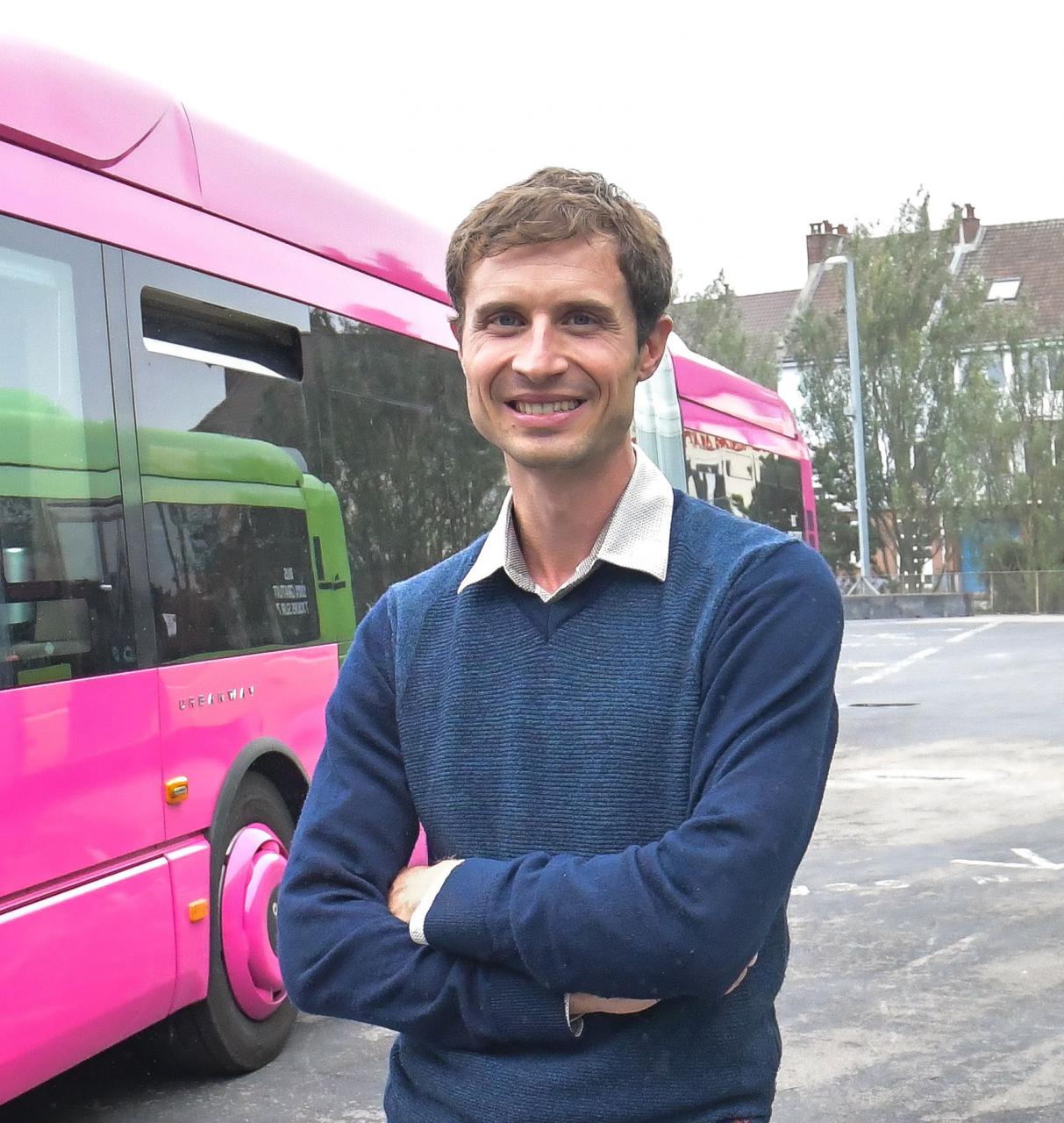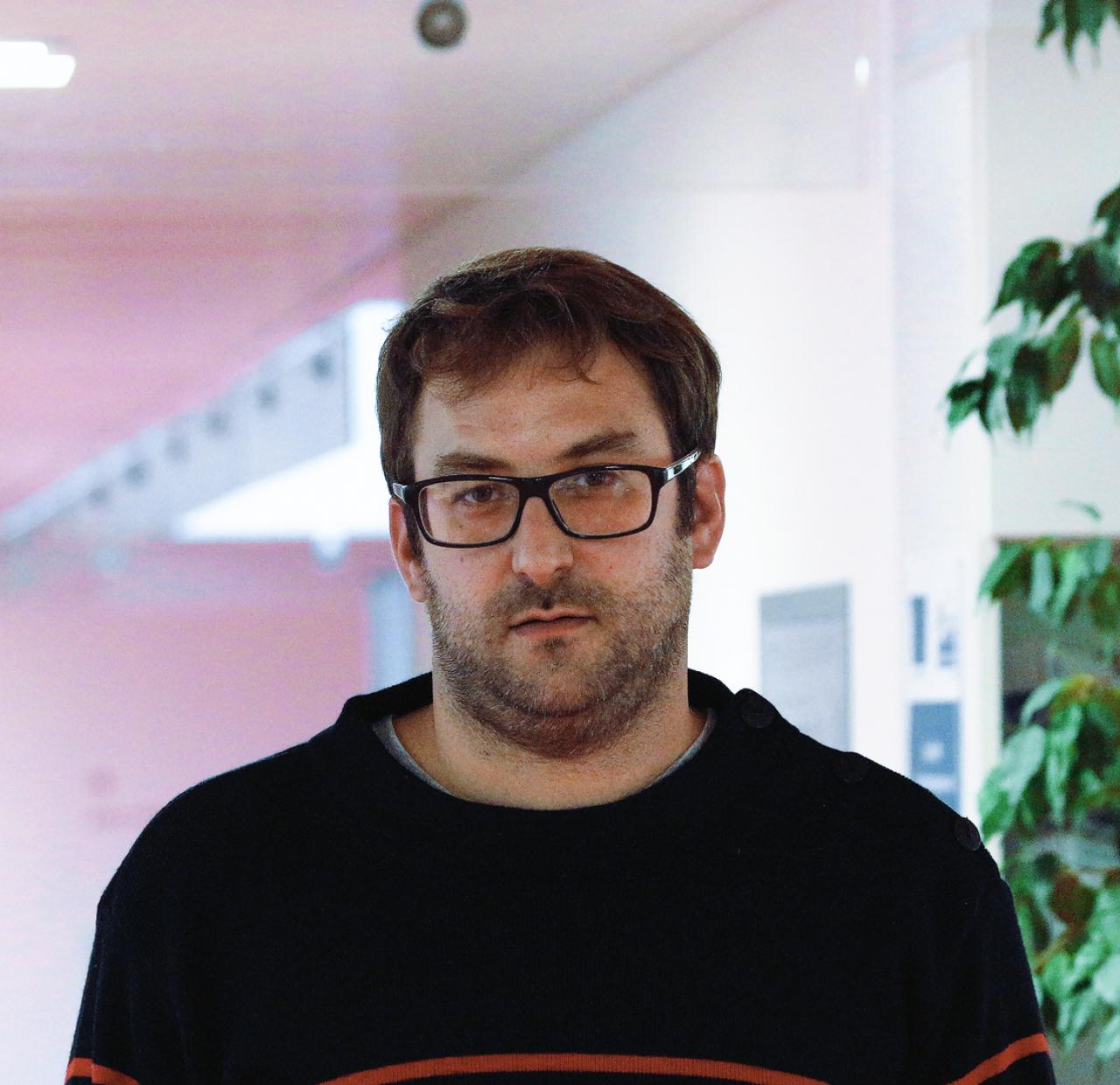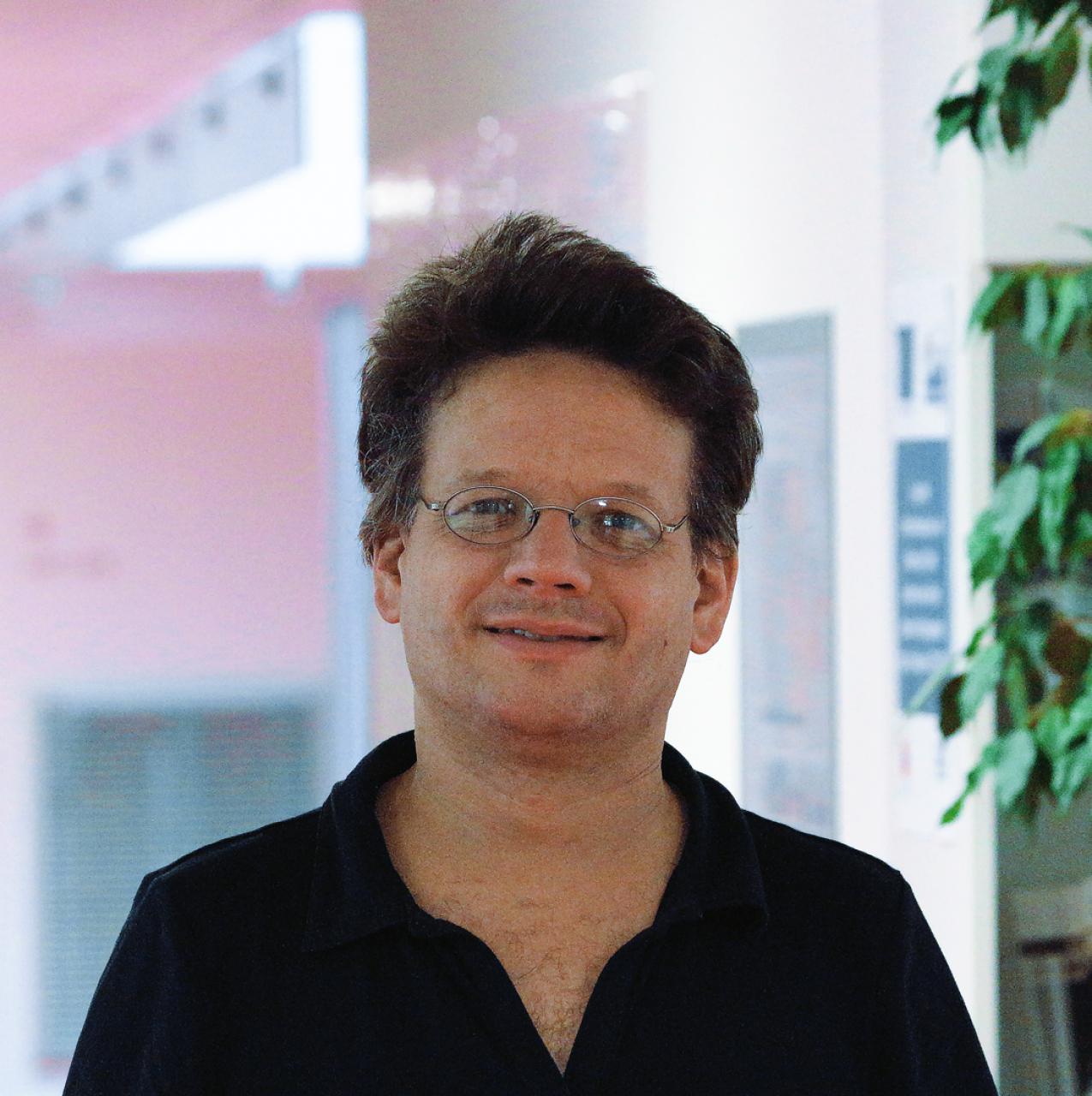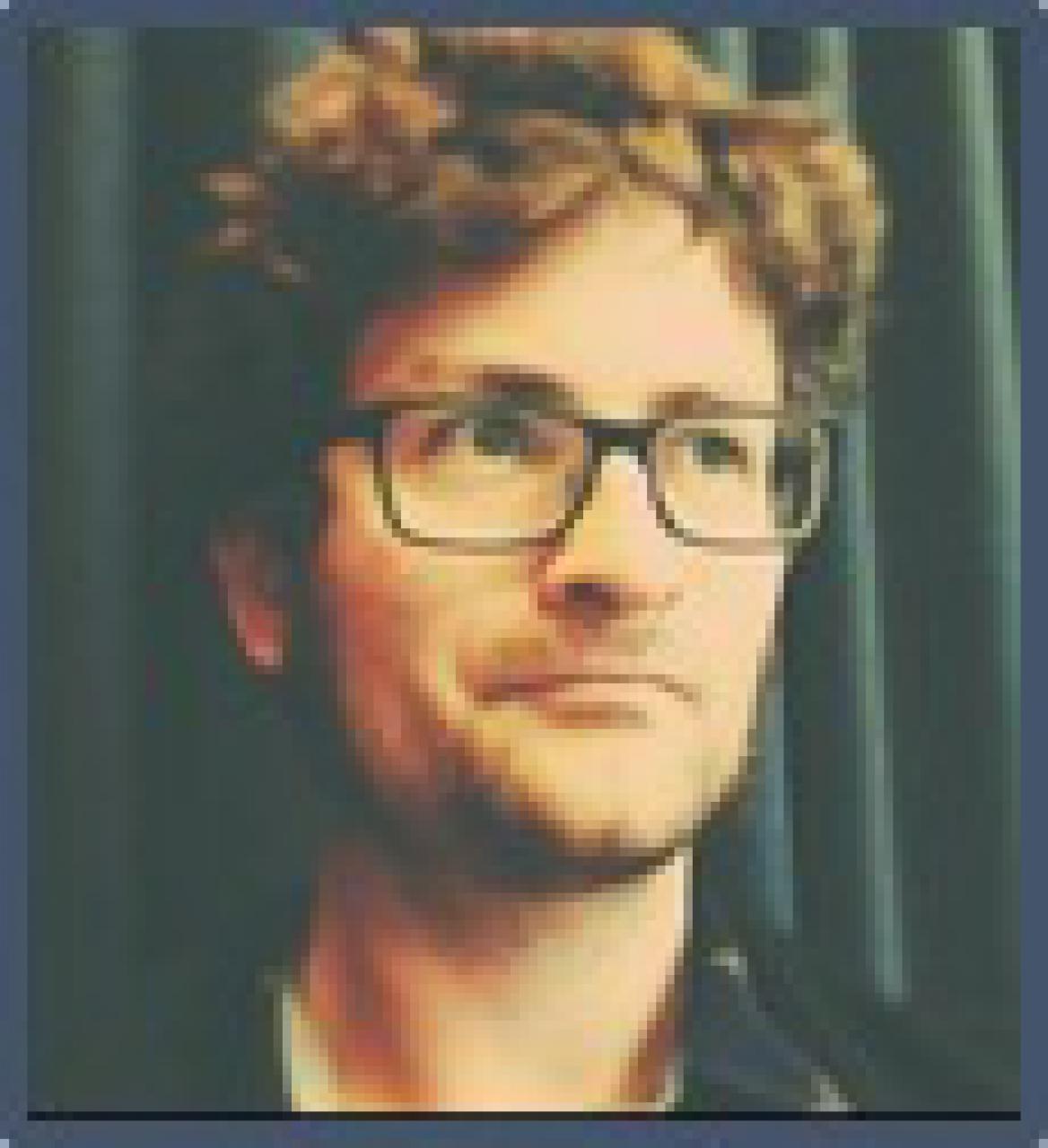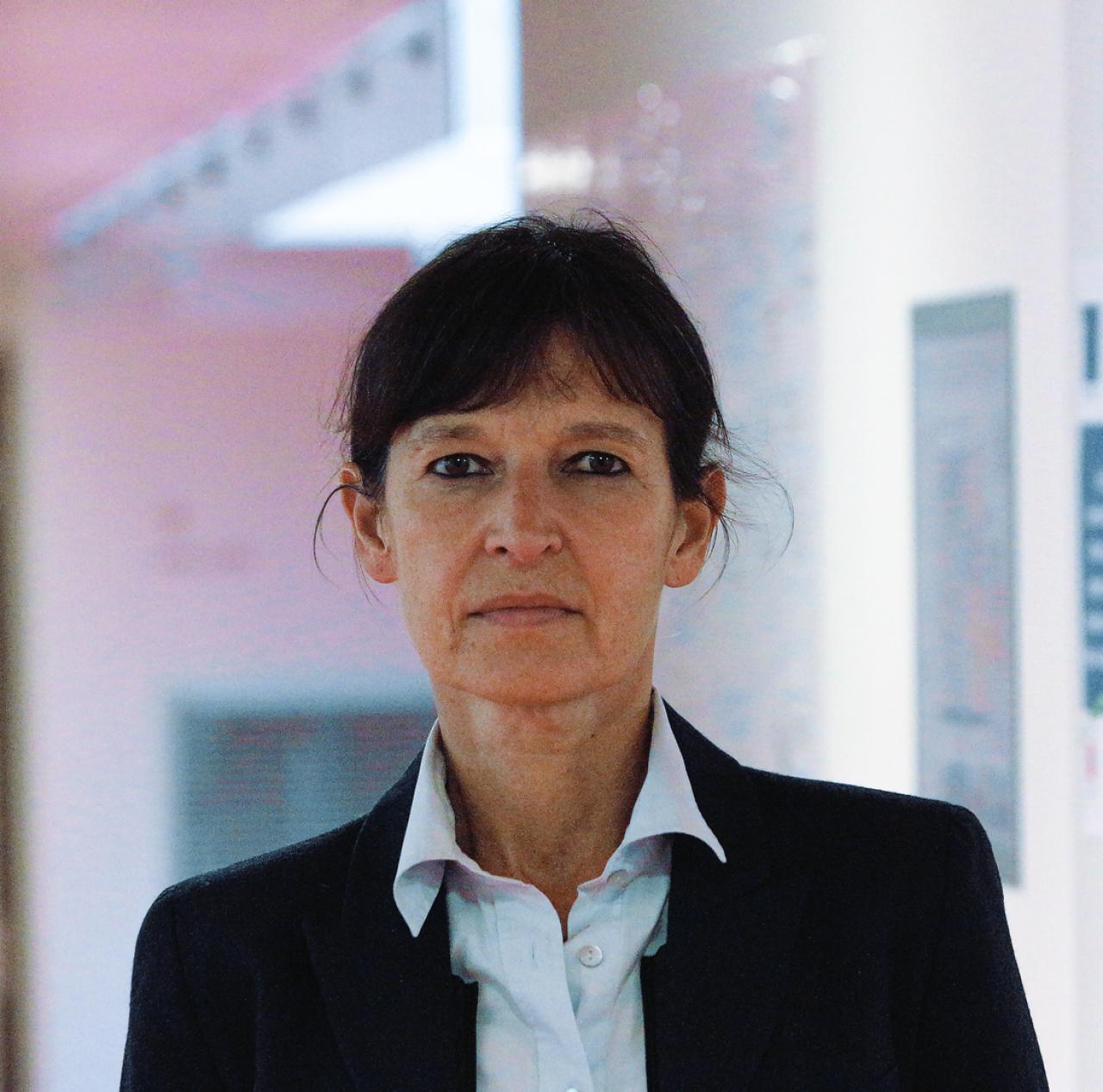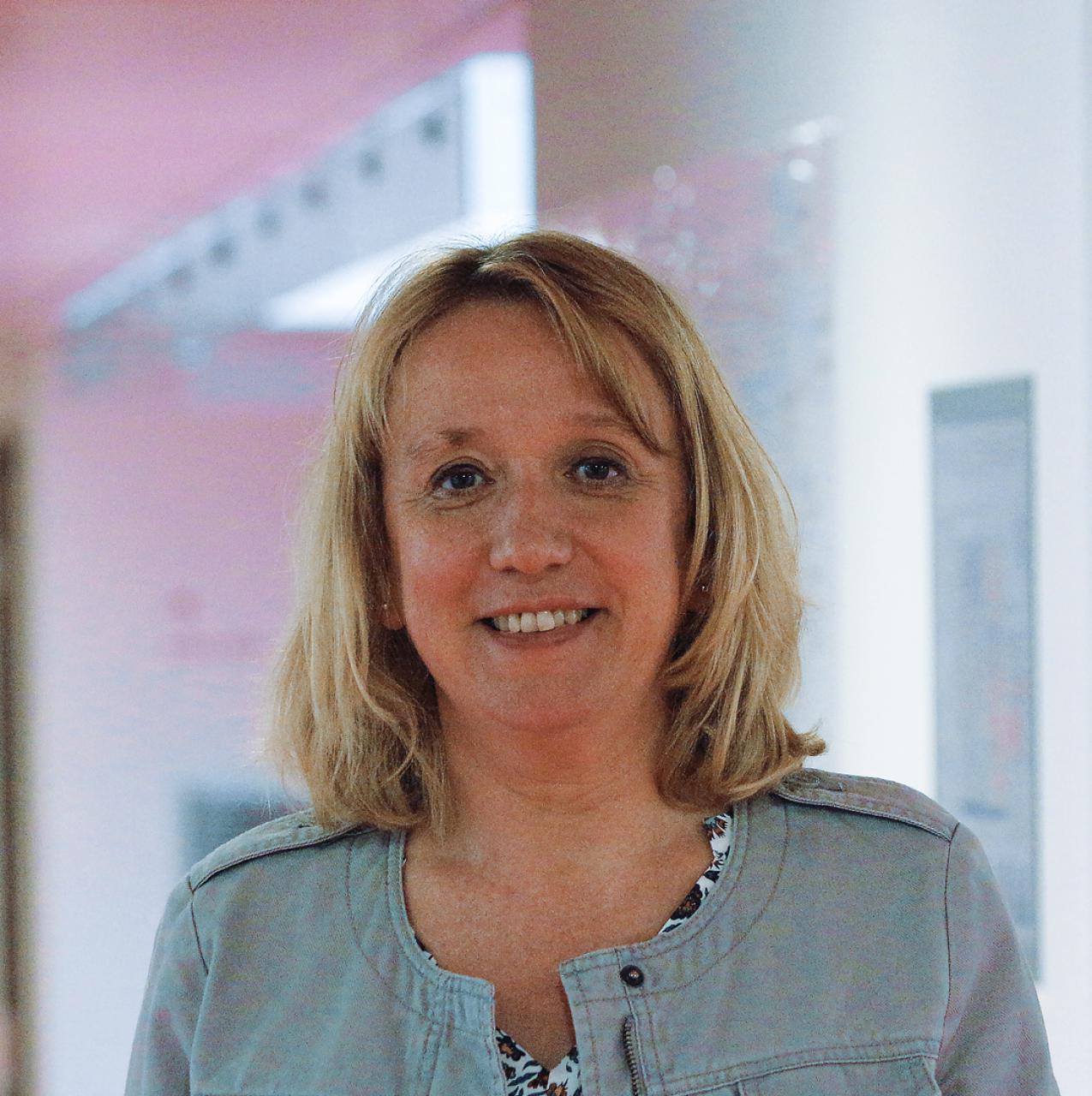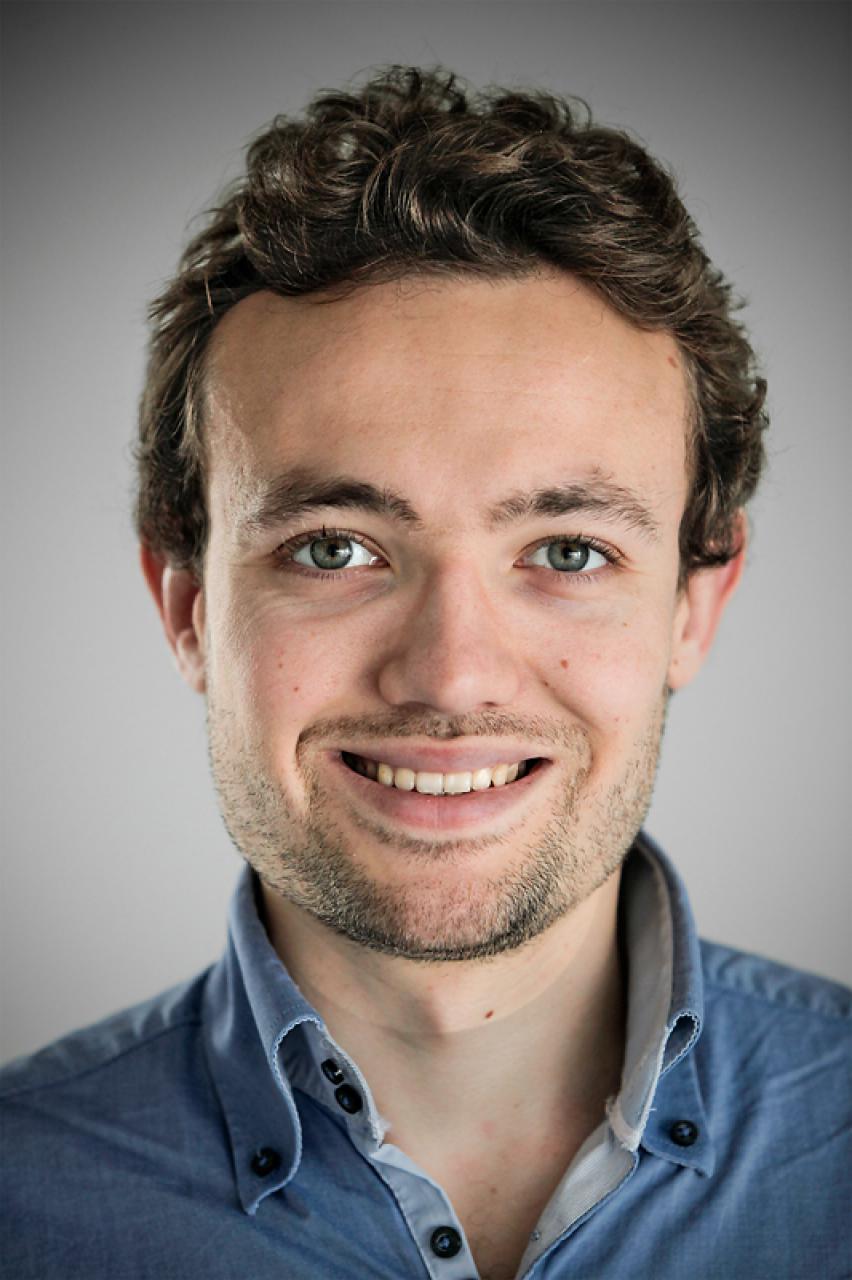The Scientific Committee of the Observatory of Cities with Fare-Free Transport is a body composed of researchers and recognized professionals in the field of transport and mobility. It is the guarantor of the expertise and independence of the work carried out by the Observatory.
Roles
The scientific committee considers the Observatory's research themes, proposes research and study topics, organizes scientific events on the theme of free transport, and validates the research that will be disseminated and promoted by the Observatory.
Activities
The members of the Scientific Committee organize the follow-up and use of research and studies on free transport within the framework of the Observatory. They ensure that scientific debates are properly held and disseminated to a variety of audiences.
Composition
The Observatory's scientific committee is co-chaired by Maxime Huré, Arnaud Passalacqua, and Philippe Poinsot.
Maxime Huré is an assistant professor in political science at the University of Perpignan (UPVD), a researcher at the CDED and at the Triangle laboratory (Sciences Po Lyon). A specialist in transport and mobility policies, he has published several books and scientific articles on shared mobility. This researcher also coordinated the two evaluations of the socio-economic effects of fare-free public transport in Dunkirk (2016, 2019).
"Dunkerque, nouveau “laboratoire” de la gratuité des transports", Briche Henri, Huré Maxime (2017), Métropolitiques
"L’avenir des transports collectifs gratuits : aujourd’hui Dunkerque, demain Paris ?", video (2018), Mobile Lives Forum.
"Pourquoi la gratuité des transports collectifs gagne du terrain ?", video (2018), Mobile Lives Forum.
"Gratuité des transports collectifs. De l’expérience sociale à l’alternative politique", Huré Maxime (2012), Métropolitiques.
Philippe Poinsot is an assistant professor at Gustave Eiffel University and the Ecole d'Urbanisme de Paris (EUP). He is also a researcher at the Laboratoire Ville Mobilité Transport (LVMT); its main objective is analysis of collective choices, particularly in terms of transport, the economic tools and methods developed to determine and implement them, as well as the financing of public services. His work is part of the field of the history of economic analysis, transport economics, the economics of planning, and the economy of the region.
"La gratuité des réseaux de transports collectifs urbains : un modèle de financement particulier ?", Urban Transport, 2020/1 (n° 136), pp. 12-17.
Arnaud Passalacqua is an assistant professor of spatial planning and urban planning at the École d'urbanisme de Paris, a member of the Lab'URBA and LIED laboratories. He is a specialist in transport and mobility, based on a long-term approach. His main work focuses on the practices and images of urban transport modes in European cities as well as the railway sector. He is involved in different structures of his field of research, including P2M, T2M, and Rails and History.
He coordinated issue n°136 of the magazine Transports urbains "La gratuité en débat" (2020)
Wojciech Keblowski is a researcher in urban geography at the Vrije Universiteit Brussel (Cosmopolis) and the Université libre de Bruxelles (IGEAT). He presented a thesis in May 2018 on free transport policies, based on empirical data analyses and different case studies: Tallinn in Estonia, Chengdu in China, and Aubagne in France. Author of numerous articles on the subject, he has contributed to the collective work "Free public transit: and why we don't pay to ride elevators" (2018).
He is currently participating in the LiFT international research project "From low fees to free of charge" (2020-2023), supported by two Belgian and Luxembourg public bodies for research funding and organized under the direction of the Vrije Universiteit Brussel and the Luxembourg Institute of Socio-Economic Research (LISER). This is the first research project that examines fare-free public transport from a global perspective, collecting data from all continents.
Sylvie Landriève is co-director of the Mobile Lives Forum, a research institute on mobility and lifestyles supported by the SNCF. She is interested in the evaluation of public policies and the involvement of citizens in their development. Based on her training in human sciences (Sorbonne and Sciences-Po Paris) and management research (Mines, Nanterre, and ESCP), this interest was nourished by her professional experience in private and public real estate and urban development projects (BNP Real Estate, SNCF).
Mathieu Chassignet is a mobility and air quality engineer at the French Environment and Energy Management Agency (ADEME). He has coordinated the undertaking of several studies on the uses and impacts of new forms of mobility (carpooling, bicycle services, car sharing, VTC, etc.). His work also focuses on the analysis of public policies for the development of alternative mobility. He runs the blog Pour une mobilité durable et solidaire (Toward sustainable and inclusive mobility).
Sophie Hasiak is researcher on mobility behavior and a member of the MATRiS mixed unit research team (Cerema/CY Cergy Paris Université). Her work focuses on the understanding of mobility (or non-mobility) behaviors using human and social science methods, such as the perception or representation of mobility modes or services.
Guillaume Monchambert is an assistant professor in Economics at the University of Lyon 2 and a researcher at the Laboratoire Aménagement Economie Transports (LAET). His research focuses on urban mobility and uses theoretical and empirical approaches. In particular, he has worked on the phenomena of congestion in public transport and on the resulting pricing and subsidy issues.
